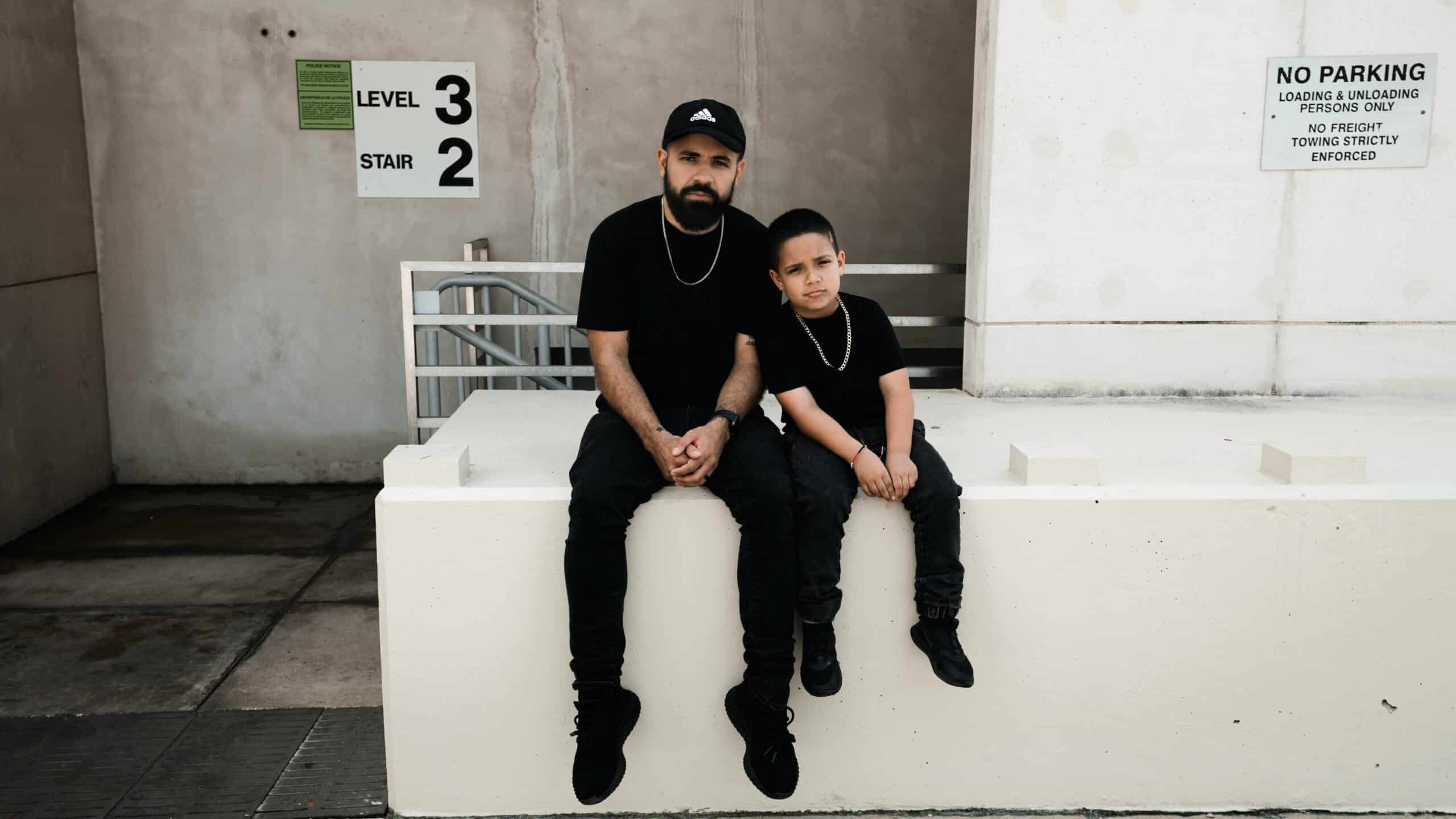As little boys we often want to grow up to be just like our fathers. This is generally before our teenage years when we’re then prone to want to be nothing like him. Hopefully, adulthood is then welcomed as a time in which we can honor the ways we are like him, while also being our own man.
To be sure, our dad becomes our first image of embodied masculinity. And we want to be like him because we sense on some primal level that we too are made of the same substance. Of course, in time we realize we’re not exactly the same and we want to find our own way. Or perhaps we’re shamed for being like our dad, and so we tried to reject any part of us that’s like him. Either way, there’s generally a season of moving away from the likeness of our dad. And much of teenage rebellion can be traced back to this need to find our unique self apart from our dad and the rest of our family.
But this need for difference can sometimes lead us to consistently reject the very blood that runs through our veins. For better or worse, we are our father’s son. This doesn’t mean we have to follow in his exact footsteps or adopt his shortcomings in life. But our strength is best understood in light of our father’s, as he’s a key player in our origin story.
Even still, we’re to use whatever talents, gifts, and abilities we’ve inherited from our earthly fathers to ultimately glorify our Father in heaven. And, to be fair, our dad’s qualities at their best are simply a reflection of God himself. As such, we’re free to be like our dad inasmuch as he’s like God. This is neither a blind conformity nor an adolescent rejection, but rather a thoughtful integration for a larger purpose.
In the end, you are your father’s son. Honor the ways in which you are like him – connected to a larger story passed down through the generations – while also reflecting God in your own unique strength.
Photo by Moses Vega on Unsplash


